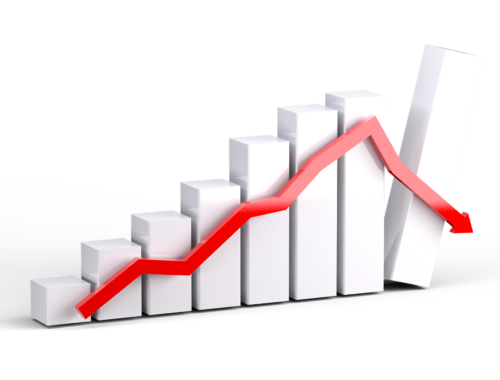
How To save 10,000’s On Your Mortgage!
If you are buying a house the first thing you probably realized is that when it comes to mortgages, you don’t get a lot of choices. Just try to question any of the 1,000 documents shoved in front of you at the closing. If you want the money, just keep signing. One option you may get when selecting a mortgage is the frequency of payments. While monthly payments are still the standard, more people are opting for bi-weekly payments. With these mortgagees, you make ½ of your usual monthly payment every other week. Why would you want the hassle of paying your mortgage every two weeks? Quite simply, making mortgage payments every two weeks can save you thousands of dollars in payments and cut years off your mortgage.
How is this possible?
Let’s look at this more closely. Suppose your mortgage payment was $1,000 a month. With a typical mortgage you would make 12 payments a year for a total of $12,000 /year. Since there are 52 weeks in a year, with a bi-weekly mortgage you would make 26 payments of $500 for a total of $13,000 /year– essentially one extra payment a year. Although its just $1,000 more a year – it can have a big impact on paying off debt. How much impact? Lets assume we have a 200,000 30 year conventional mortgage (no PMI and not a physician’s mortgage) at 4% interest rate. Lets assume for just a moment we have no property tax and no insurance cost (don’t we wish!)
If we make monthly payments:
- Monthly payment: $954.83
- Annual payment: $11,458
- Total payments: $343,739
- Total interest paid: $143,739
- Payoff date: May 2048
If we make Bi weekly payments:
- Bi-weekly payment: $477.42
- Annual payment: $12,413
- Total payments: $320,667
- Total interest paid: $121,300
- Payoff date: April 2044
By paying an extra $954 a year, we saved over $22K in interest payments and paid off the mortgage ~ 4 years early! The extra payments really make a difference. How is this possible? It’s the same effect of compounding of interest we saw when we discussed saving for retirement – only in reverse. Over time, small reductions in outstanding loan principal have a dramatic effect on the compounding of interest charges. If you are buying a house or refinancing a mortgage you should consider it.
DIY mortgage savings!
What if you aren’t currently shopping a mortgage or don’t want the hassle of keeping track of an every other week mortgage? Well consider this: you can accomplish essentially the same thing without involving your mortgage company at all. Most mortgages allow you to make extra payments any time you wish – and these payments go straight to reducing the principal. The smaller the outstanding loan principal, the less the interest compounds.
Take our month mortgage payment in the example above ($954.83) divide it by 12 months (~$80) and add that number back into our original monthly payment ($954.83 + 80) we get a new monthly payment of ~$1,035. If you make this payment each and every month:
- Monthly payment: $1,035
- Annual payment: $12,418
- Total payments: $321,373
- Total interest paid: $121,373
- Payoff date: June 2044
So we can cut over $22K of interest expense and end our mortgage 4 years early by simply paying an extra $80 a month. How much can you save by making extra payments on your mortgage? This calculator can help you figure that out.




